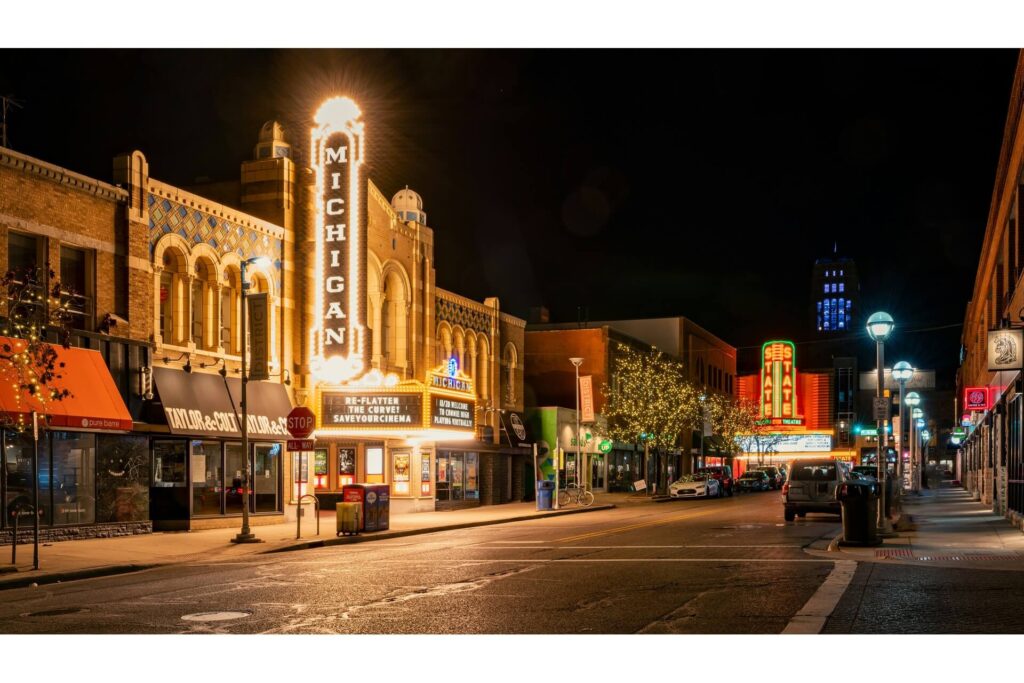
We are reader-supported. When you buy through links on our site, we may earn an affiliate commission.
Are you planning for a change of environment? Whatever your reason for relocating, if The Garden State is on your list of potential second homes, you’d want to research the cost of living in New Jersey to determine its affordability. Below, you’ll find how much you’re expected to earn and pay for housing, taxes and other expenses if you move to this area just north of New York.
Why Move to New Jersey
People relocate to New Jersey because of its proximity to major cities, a big draw for young professionals. Setting a base in The Garden State may be the best move if you’ve just completed university and want abundant work opportunities. You can easily commute to New York City where the career grass is greener without paying 76% more than the national average of living cost.
New Jersey also offers stunning beaches, making it an ideal destination for coast lovers. Moreover, the numerous state parks and forests give you diverse possibilities for outdoor recreational activities. You can hike or camp and explore scenic views without ultimately going remote. You get access to the conveniences of urban life and the comforts of nature.
Housing Costs
Housing takes a considerable cut out of New Jerseyans’ disposable incomes. Expect to pay more for a private space if you want to settle here.
In 2022, the median household income was $96,346, which was on the upper scale. It surpassed the national median of $74,755 by 29% and the wage in high-income states, like Hawaii, Massachusetts and Maryland. Hunterdon, Morris and Somerset were among the 15 counties with the highest median paycheck throughout the country. Getting a job in these locations can make a six-figure income possible.
While the high earning potential is attractive, it also reflects the high cost of living in New Jersey. Residents pay around $2,553 each month for owner-occupied housing, 44% more than the nationwide median. Homeowners here spend 30% or more of their monthly wage on mortgages.
Renting will cost about $1,555, 20% higher than the national median of $1,300.
The general budget rule is you shouldn’t spend more than 30% of your gross income on rent. If you pay $1,555 for a private room, your salary must be at least $5,000.
Taxes
New Jersey’s taxes are among the highest in the country. Here’s an overview of its tax structure in 2024.
Income tax: 1.4%-10.75%
Property tax: 2.23%
Sales tax: 6.6%
Here’s the income tax bracket rate in New Jersey:
| Single Filer | Tax Rate | Joint Filers | Tax Rate |
| $0 to $20,000 | 1.4% | $0 to $20,000 | 1.4% |
| Over $20,000 to $35,000 | 1.75% | Over $20,000 to $50,000 | 1.75% |
| Over $35,000 to $40,000 | 3.5% | Over $50,000 to $70,000 | 2.45% |
| Over $40,000 to $75,000 | 5.525% | Over $70,000 to $80,000 | 3.5% |
| Over $75,000 to $500,000 | 6.37% | Over $80,000 to $150,000 | 5.525% |
| Over $500,000 to $1 million | 8.97% | Over $151,000 to $500,000 | 6.37% |
| Over $1 million | 10.75% | Over $500,000 to $1 million | 8.97% |
| Over $1 million | 10.75% |
Your income tax obligations depend on how much you take home. For instance, if you’re single and earning $100,000, you’ll be deducted 1.4% for the first $20,000, then 1.75% for the next $20,000 to $35,000 and so on. Take these figures into account when moving to New Jersey.
Utilities
On average, residents pay $109.54 for electricity every month. The current rate is about 16.32 cents per kilowatt-hour. About 70% of New Jerseyans are serviced by Public Service Energy & Gas, while the rest are divided among other utility providers.
Electricity prices have recently increased following an auction last June. The hikes vary per utility company, from $4.71 for Rockland Electric customers and $8.34 for JCP&L.
If you’re new in the area, set aside enough budget for water and electricity. For solo users, $200 is a reasonable estimate.
Transportation
Since July 1, 2024, the cost of commuting in New Jersey has increased by 15%. Riders weren’t happy since NJ Transit annually raises fares by 3%. However, the agency’s board approved a double-digit increase on top of the yearly fare hike to close a big budget gap.
When planning your transportation budget, consider the following adjustments:
- One-zone local bus ticket: from $1.60 to $1.80
- Train from Princeton Junction to New York Penn Station: $16 to $18.40
- Bus fare from Jersey City to Port Authority Bus Terminal: $3.50 to $4.
- Hudson-Bergen Light Rail fare: $2.25 to $2.55
- Newark Light Rail fare: $1.60 to $1.80
These changes will have a minor impact on remote workers. Adjust your budget accordingly if you’re a commuter.
Health Care and Insurance
Like other basic needs, many New Jerseyans struggle to afford insurance and health care because of rising costs. Roughly 85% of surveyed residents worry about affording health care in the future. Meanwhile, 20% skipped a recommended treatment or medical test due to financial concerns.
Health insurance rates in New Jersey vary greatly. A single working person earning an annual wage of $45,000 can get coverage from $70 monthly for a plan that includes one to two doctor visits. Meanwhile, a family of four making $141,000 pays anywhere from $508 to $3,019 monthly premiums.
Health care is a basic need and a nonnegotiable, like food and shelter. If you must dig deep into an empty pocket to get insured, consider giving this option a pass and look for other locations.
Texas, Virginia and Kansas are among the states with the best income to cost of living ratio. They offer abundant career opportunities and lifestyle advantages, allowing you to get the most out of every dollar you earn. Texas has a flourishing job economy. The median income here is $55,441 yet rent, health care, transportation and basic needs cost lower than the national median rates.
The state offers support to residents who can’t afford coverage. For example, the Individual Health Coverage Program can help low-income individuals who don’t have employer- or government-sponsored plans to purchase coverage at a much affordable price.
Education
The state has one of the most expensive in-state tuition costs, driving the high cost of living in New Jersey. The fees for attending a private university or local community college are 13.23% and 40.47% more expensive than nationwide rates, respectively.
In-state students pay an average of $28,335 for a four-year degree. Out-of-state students pay $28,682, 102.21% higher than in-state students. If you have kids and plan to move here, the college tuition is another thing to consider when deciding.
Financially Prepare for a Move to the Golden State
The cost of living in New Jersey is relatively high. However, relocating may be a good decision if you want to live near major cities like New York and Philadelphia to access more career opportunities.







